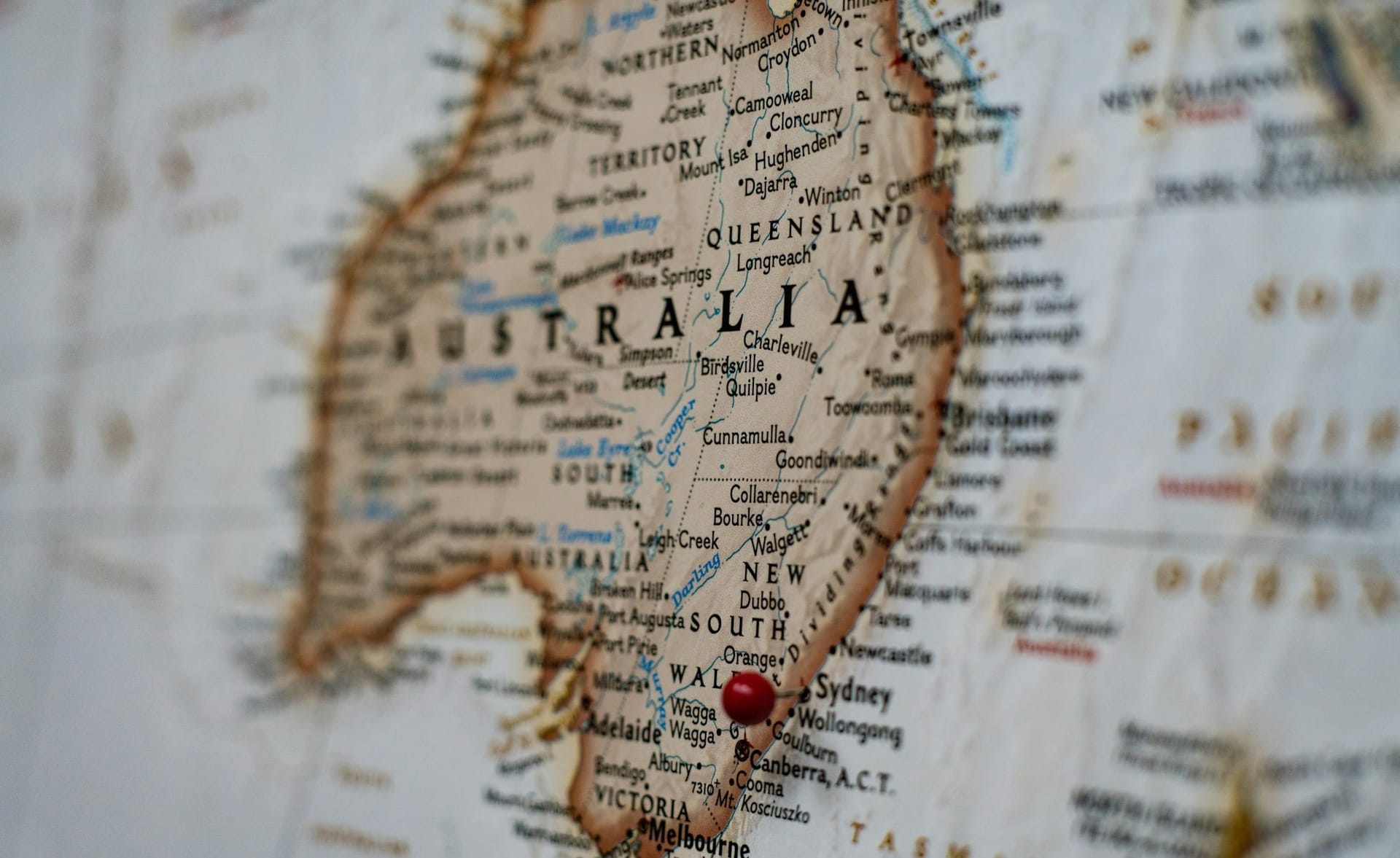Australia has a complex, state-led approach to the regulation of sex work. You’d be forgiven for being confused.
In this article, we’ll explore the different legislative models adopted by Australian states, New South Wales’ decriminalisation, Victoria and Queensland’s regulation, and criminalisation in South Australia, Western Australia, and Tasmania.
The focus is on addressing how these choices affect the safety, public health, and welfare conditions of sex workers. We’ll examine how these models operate in practice, and summarise what the evidence says about the effects on sex workers, citing government studies and advocacy sources, getting to the truth of this thorny issue.
State-to-state regulatory approaches
The three main regulatory models adopted in Australia are:
- Decriminalisation - Under these laws, sex work is not connected with criminal offences; it is treated like any other business.
- Regulation - Also known as licensing, under this approach, sex work is allowed but heavily licenced, registered, and legislated under policy.
- Criminalisation - These abolitionist-style laws mean selling sex is not an offence, but related activities like buying sexual services and brothels are banned.
Where they are adopted:
- Decriminalisation - New South Wales, Australian Capital Territory, Northern Territory (since 2019), Victoria (repealed licencing in 2023), and Queensland (decriminalised in 2024).
- Regulation - Historically used in Victoria and Queensland, many states had regulatory systems before recent reforms.
- Criminalisation - South Australia, Western Australia, Tasmania, and some parts of other states still retain significant criminal restrictions, including: brothel-keeping, buying sex, and third-party activities.
What the models do in practice
Let’s look at each model:
Decriminalisation
Under this model, sex-work specific criminal offences are removed for consenting adults, and sex work is regulated under normal workplace, planning, and public health laws.
The intention is to treat the seller under ordinary labour laws, to enable workplace safety, remove police powers that target workers, and improve buyers’ access to services. NSW has been a long-running example, while Victoria and Queensland are recent adopters.
Licensing
Allows brothels and businesses to operate legally if they are registered and meet licensing conditions for health checks, premises, screening, zoning, and pay fees.
Criminalisation
Much of sex work is kept illegal, including brothel-keeping, living off earnings, and public soliciting. Buyers are also criminalised under the Nordic Model, although Australia only has a few examples of this being enforced at the state level.
What the evidence says
Focusing on safety, public health, and welfare/labour rights.
Safety
- Decriminalisation - Leads to improved safety in many ways. Evidence from NSW shows that under decriminalisation, workers are better able to work together, offer peer support, screen risky clients, and work with the police to enable crimes to be reported. This approach also reduces police crackdowns that displace workers into isolated areas (which increases exposure to violence). A report from UNSW Sydney demonstrates fewer police disruptions and increased safety under decriminalization.
- Licensing - Has primarily mixed or adverse effects on the safety of workers. It can create a ‘two-tier’ system where workers who cannot meet licensing requirements (cost, premises, verification) work underground, where they lack protection. Despite this risk, licensing premises can offer greater security for those who can access them. Evidence shows that this approach can fail to protect informal and independent workers.
- Criminalisation - Directly leads to a higher risk of violence. This is because criminalised systems push sex work to hidden places, weaken peer networks and safety strategies, and discourage the reporting of violence and safety fears to police. Reports point to higher levels of violence and reduced access to justice.
Public health
- Decriminalisation - Creates better health outcomes. This is because sex workers share health resources, condom use is more consistent, and workers have better access to sexual health services. This is partly due to outreach services operating without fear of being targeted by police. UNSW research shows better health outcomes under this model, while the benefits are maximized when funded outreach systems are in place.
- Licensing - Shows variable outcomes. Mandatory testing can be justified as a public health measure, but evidence suggests it can be invasive, stigmatising, and ineffective. This can have the impact of pushing testing underground for those excluded from the licensed tier of workers. Health Victoria emphasizes confidential testing and peer outreach, instead of coercive, invasive public health testing.
- Criminalisation - Tends to harm public health because policing and criminal penalties reduce engagement with health services. Fear of arrest discourages carrying condoms and can reduce seeking help after exposure. A review from the East London Project shows that criminalisation creates barriers to public health outreach.
Welfare and labour rights
- Decriminalisation - Provides better labour protection and access to services. This is because when sex work is treated like other work, workplace health and safety, anti-discrimination rules, and industrial rights can be applied. This means workers can seek better working conditions, refuse unsafe clients, and demand security. A Scarlet Alliance report points to decriminalisation improving welfare outcomes when matched with social supports.
- Licensing - Can create compliance costs, and exclude migrant and street workers, which pushes them into unlicensed work without labour protections.
- Criminalisation - Creates criminal records, police surveillance, and stigma that undermines sex workers’ access to welfare supports, housing, and social services. This increases marginalisation for disadvantaged groups, including migrants, drug users, and indigenous communities.
The Australian approach: What works and the flaws
Across the Australian sex worker experience and international research, decriminalisation, when paired with found outreach and worker implementation, produces the best outcomes for sex worker safety, health, and welfare.
Licensing can help some, but excludes and marginalises many. Criminalisation is the least effective approach; it consistently undermines safety, public health, and sex workers’ access to justice.

